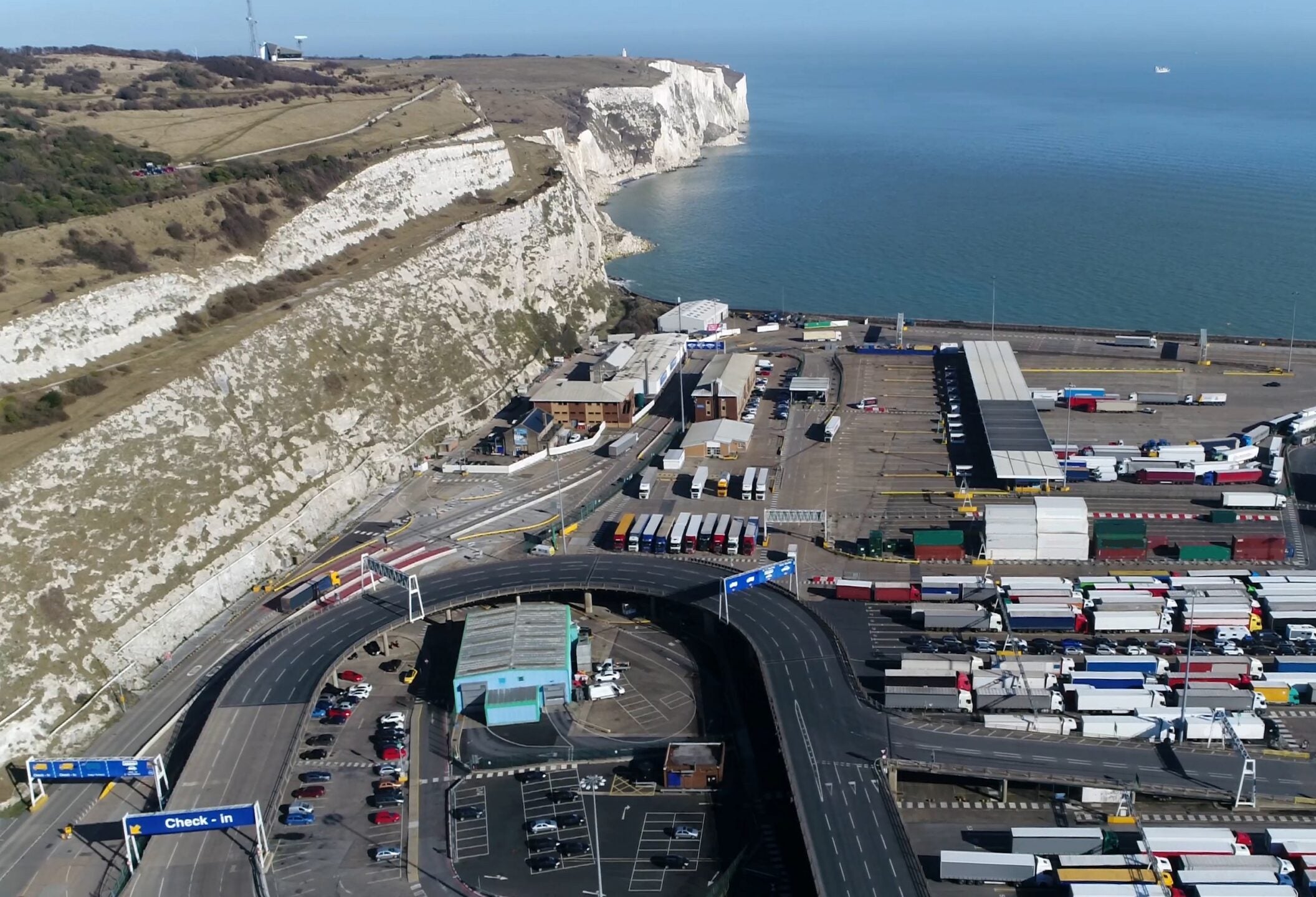
The UK has again decided to delay the full implementation of checks on food products entering the country from the EU.
Since the UK left the EU, London has pushed back introducing the full set of controls it plans to introduce on goods entering from the bloc/
The full customs checks on imports of medium-risk animal products, plants, plant products and on high-risk food (and feed) of non-animal origin were due to be introduced in October. However, the UK announced today (29 August) the controls would be delayed by another three months.
While goods from the UK entering the EU already face checks and paperwork demands, London has repeatedly delayed introducing similar controls.
Previous delays have been blamed on the Covid-19 pandemic and the war in Ukraine but more recently food industry bodies have warned border checks will worsen food inflation in the UK
Earlier this month, the UK government responded to a report in the Financial Times newspaper suggesting it was once again set to delay the introduction of import checks on fresh food coming from the Continent by saying it was “reflecting on feedback”.
The government said today revealed the border checks will be implemented in three stages.
Three months after the controls are brought introduced in January, the UK will introduce documentary and risk-based identity and physical checks on medium-risk animal products, plants, plant products and high-risk food (and feed) of non-animal origin from the EU.
Safety and security declarations for EU imports will then come into force from 31 October 2024.
In a statement, the UK government said: “Having listened to the views of industry, the government has agreed to a delay of three months for the introduction of remaining sanitary and phytosanitary controls, as well as full customs controls for non-qualifying Northern Ireland goods.”
UK talks up benefits of new checks
London insists the new “border target operating model” will make “smarter use” of data and technology and remove duplication, reducing the volume of data and paperwork required from businesses when importing goods.
It suggested the systems would save businesses around £520m ($655m) a year compared to the original import model which had been due to be introduced in 2022.
The government has said it has worked with industry to test new technologies in a border setting, including distributed ledgers for sharing data, smart seals and GPS trackers. “Pilot testing found these technologies could simplify processes across the supply chain, transforming the UK border through reduced costs and administrative burdens, making importing and exporting easier and cheaper for businesses,” it said.
The UK government is also planning to introduce the “single trade window”, which it suggests makes smarter use of data and technology by providing businesses with “a single gateway” to supply trade data to officials.
Baroness Neville-Rolfe, Minister of State at the Cabinet Office, said: “By making maximum use of data and new technologies, our innovative yet risk-based approach is key to delivering a world-class border system. Once fully implemented, these important post-Brexit measures will, I believe, bring considerable benefits to the UK economy and to UK trade, and the government stands ready to support businesses through this transition.”
In June, industry body the Fresh Produce Consortium (FPC) warned import border checks on goods from the EU will only worsen food inflation in the UK.
It rallied its members to sign letters to UK ministers protesting the draft strategy by the Department for Environment, Food and Rural Affairs (Defra), which would impose a charge for every consignment entering the country from continental Europe.
Commenting on the delay announced today, Nigel Jenney, CEO of the FPC, said: “It’s clear the government has acted upon our concerns and will now implement a unique border approach for the benefit of consumers and industry. This focused, risk-based approach will reinforce UK biosecurity and promote self-regulation to minimise supply chain disruption.
“Let’s be clear, challenges remain. However, this is a bold step forward to achieve our ambition to become a world-leading destination of choice promoting imports and exports of fantastic fresh produce, and flowers and plants.”
In regard to the planned consignment charge, Jenney told Just Food: “We look forward to receiving confirmation that the proposed common user charge strategy will be abandoned by the government.”
Other UK food producers have argued the lack of border checks give an advantage to continental rivals while they have to endure checks on shipments to the bloc.
The UK government has also confirmed that new checks and controls will be introduced for Irish goods moving from Ireland directly to Great Britain. In accordance with the Windsor Framework, businesses in Northern Ireland will retain “unfettered access” to Great Britain, whether moving qualifying goods directly from Northern Ireland or indirectly through Irish ports.
